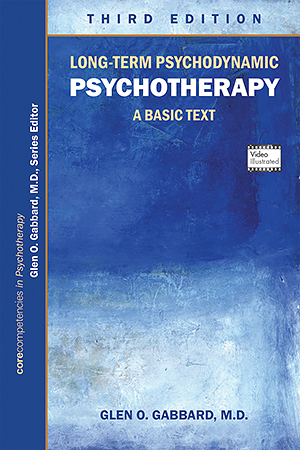Sections
Excerpt
Clinical work with dreams has long been a valued part of psychoanalysis and psychodynamic therapy. Freud (1900/1953) began his tome on dreams with a Latin quotation: “Flectere si nequeo superos, Acheronta movebo.” This quotation is variously translated, but its essence is captured by “If I cannot bend the Higher Powers, I will move the nether regions.” Freud did just that. Frustrated by his incapacity to influence those in power during his epoch, Freud turned to the darkest recesses of the unconscious to make his mark with his 1900 magnum opus. He stressed that many core conflicts were so troubling to patients that they were banished from the patients’ waking thoughts. However, when the defensive vigilance dissipates after the onset of sleep, the conflicts may emerge in dream material. Hence, he viewed the interpretation of dreams as the “Royal Road” to the unconscious.
Access content
To read the fulltext, please use one of the options below to sign in or purchase access.- Personal login
- Institutional Login
- Sign in via OpenAthens
- Register for access
-
Please login/register if you wish to pair your device and check access availability.
Not a subscriber?
PsychiatryOnline subscription options offer access to the DSM-5 library, books, journals, CME, and patient resources. This all-in-one virtual library provides psychiatrists and mental health professionals with key resources for diagnosis, treatment, research, and professional development.
Need more help? PsychiatryOnline Customer Service may be reached by emailing [email protected] or by calling 800-368-5777 (in the U.S.) or 703-907-7322 (outside the U.S.).



